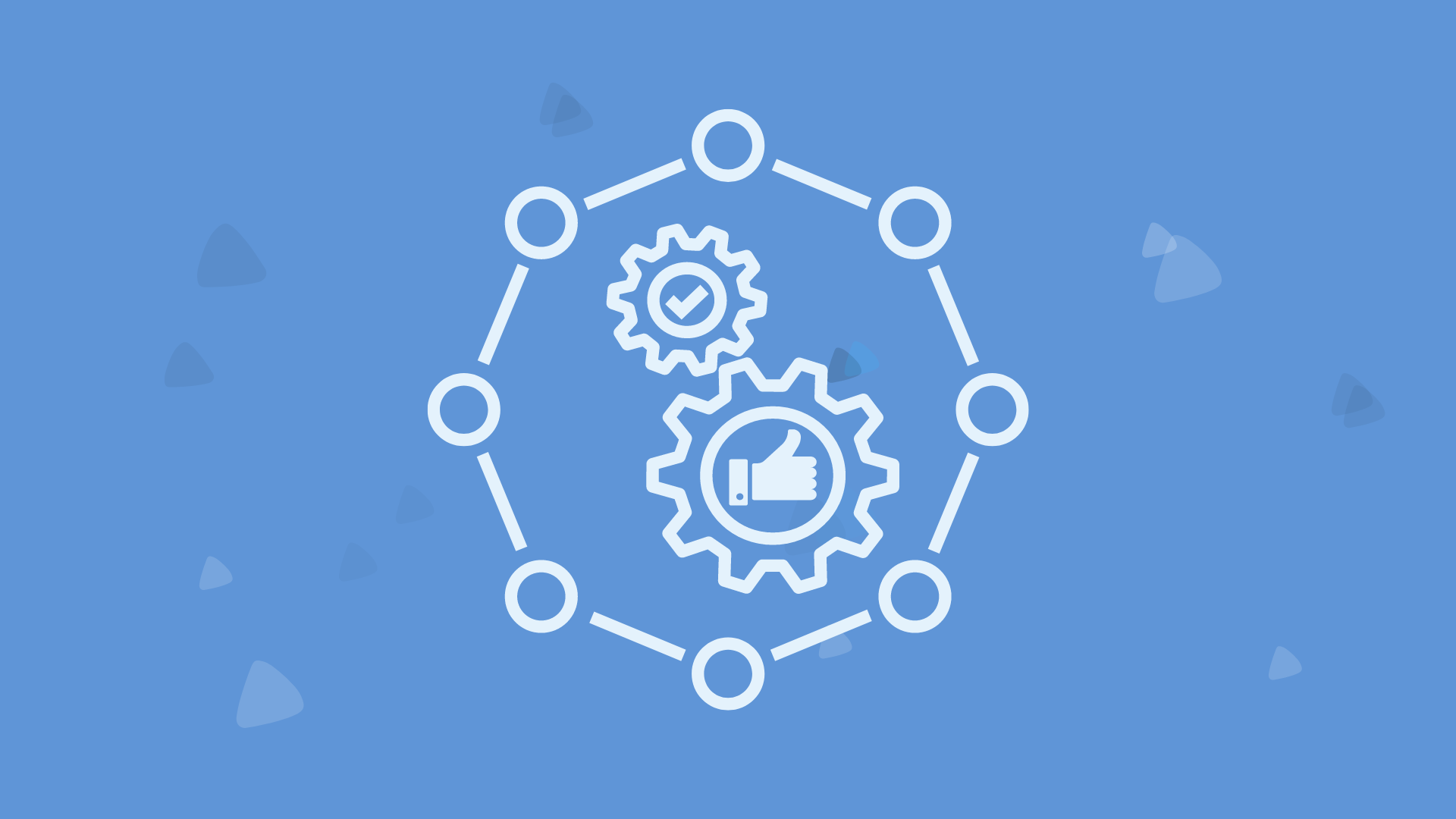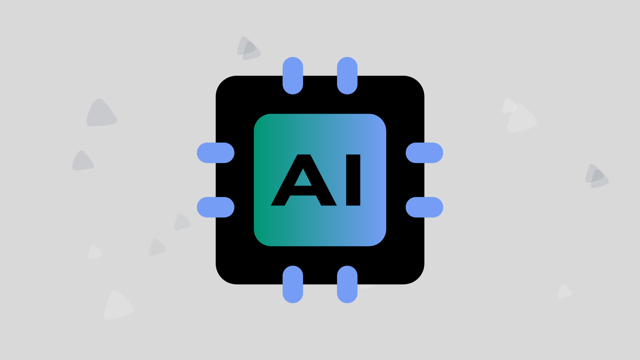Why is AI Automation Important in Today’s World?
2024-08-02
Describes why AI automation is important in today’s world.
Why is AI Automation Important in Today's World?
Artificial Intelligence (AI) has rapidly evolved from a futuristic concept into an integral part of our daily lives. As technology progresses, AI automation continues to play a crucial role in various sectors, transforming how we live, work, and interact. This article delves into why AI automation is important in today's world, examining its benefits, applications, and the future it promises.
The Impact of AI Automation on Modern Industries
Revolutionizing Healthcare
AI automation is revolutionizing the healthcare industry by enhancing the accuracy of diagnoses, personalizing patient care, and streamlining administrative processes.
Enhancing Diagnoses Accuracy
One of the most significant benefits of AI in healthcare is its ability to analyze vast amounts of data quickly and accurately. AI algorithms can sift through medical records, research papers, and diagnostic images to identify patterns and make precise diagnoses. For instance, AI-powered tools like IBM Watson Health have demonstrated their ability to detect diseases such as cancer at early stages, often more accurately than human doctors. This not only improves patient outcomes but also reduces the workload on healthcare professionals.
Personalizing Patient Care
AI is also instrumental in personalizing patient care. By analyzing individual patient data, AI can recommend tailored treatment plans that consider genetic information, lifestyle, and previous medical history. This level of customization leads to more effective treatments and faster recovery times. Additionally, AI chatbots and virtual health assistants are providing patients with immediate access to medical advice, helping to triage cases and ensure that critical conditions receive prompt attention.
Streamlining Administrative Processes
Administrative tasks in healthcare, such as scheduling, billing, and patient record management, can be time-consuming and prone to errors. AI automation simplifies these processes by automating repetitive tasks and ensuring data accuracy. This not only saves time and reduces costs but also allows healthcare professionals to focus more on patient care rather than administrative duties.
Transforming the Financial Sector
The financial sector is another area where AI automation is making significant strides. From fraud detection to personalized financial advice, AI is reshaping how financial institutions operate and interact with their customers.
Fraud Detection and Prevention
AI's ability to analyze vast amounts of transactional data in real-time makes it an invaluable tool for detecting and preventing fraud. Machine learning algorithms can identify unusual patterns and flag potentially fraudulent activities, often before they cause significant harm. For example, banks use AI to monitor transactions and detect anomalies that may indicate credit card fraud or money laundering. This proactive approach helps protect both financial institutions and their customers from financial losses.
Personalized Financial Advice
AI-driven robo-advisors are becoming increasingly popular for providing personalized financial advice. These platforms use algorithms to assess an individual's financial situation, risk tolerance, and investment goals to offer tailored investment strategies. By democratizing access to financial advice, AI automation empowers more people to make informed decisions about their finances and investments.
Enhancing Customer Service
AI chatbots and virtual assistants are revolutionizing customer service in the financial sector. These AI-driven tools can handle a wide range of customer inquiries, from account balances to transaction history, providing quick and accurate responses. This not only enhances customer satisfaction but also reduces the workload on human customer service representatives.
The Role of AI Automation in Business Efficiency
Streamlining Operations
AI automation is transforming business operations by streamlining processes, reducing costs, and enhancing efficiency.
Automating Repetitive Tasks
One of the primary benefits of AI automation is its ability to handle repetitive and mundane tasks. This includes data entry, inventory management, and payroll processing. By automating these tasks, businesses can free up their employees to focus on more strategic and creative activities. For example, AI-powered tools like UiPath and Blue Prism can automate complex workflows, leading to increased productivity and reduced operational costs.
Improving Decision-Making
AI automation provides businesses with valuable insights that inform better decision-making. By analyzing data from various sources, AI can identify trends, predict outcomes, and recommend optimal strategies. For instance, in supply chain management, AI can forecast demand, optimize inventory levels, and identify potential disruptions, enabling companies to make proactive decisions that improve efficiency and reduce costs.
Enhancing Customer Experience
AI is also enhancing customer experiences by providing personalized interactions and improving service delivery. AI-driven chatbots and virtual assistants can handle customer inquiries 24/7, providing quick and accurate responses. Additionally, AI algorithms can analyze customer behavior and preferences to offer personalized product recommendations, enhancing customer satisfaction and loyalty.
Enhancing Marketing Strategies
Marketing is another area where AI automation is making a significant impact. From targeted advertising to customer segmentation, AI is transforming how businesses approach marketing.
Targeted Advertising
AI-driven tools enable businesses to deliver highly targeted advertisements to their audience. By analyzing user data and behavior, AI can identify the most relevant ads for individual users, increasing the likelihood of conversion. Platforms like Google Ads and Facebook Ads use AI algorithms to optimize ad placements and bidding strategies, ensuring that businesses get the most value from their advertising budgets.
Customer Segmentation
AI automation helps businesses segment their customer base more effectively. By analyzing demographic data, purchase history, and online behavior, AI can identify distinct customer segments and tailor marketing campaigns to each group. This level of personalization leads to more effective marketing efforts and higher conversion rates.
Predictive Analytics
Predictive analytics powered by AI enables businesses to forecast market trends and customer behavior. By analyzing historical data, AI can identify patterns and predict future outcomes, allowing companies to make data-driven decisions. For example, e-commerce platforms use predictive analytics to forecast demand, optimize inventory levels, and plan marketing campaigns, ensuring they meet customer needs and maximize sales.
AI Automation in Everyday Life
Smart Homes and Personal Assistants
AI automation is not limited to industries and businesses; it is also transforming our everyday lives, making our homes smarter and our daily tasks more manageable.
Smart Home Devices
Smart home devices powered by AI, such as Amazon Echo and Google Home, are becoming increasingly popular. These devices can control various aspects of our homes, from lighting and heating to security systems. By learning our preferences and habits, AI-driven smart home systems can optimize energy usage, enhance security, and provide a more comfortable living environment.
Personal Assistants
AI-powered personal assistants, like Siri and Alexa, are changing how we interact with technology. These assistants can perform a wide range of tasks, from setting reminders and sending messages to playing music and providing weather updates. By integrating with other smart devices, AI personal assistants create a seamless and convenient user experience.
Autonomous Vehicles
The development of autonomous vehicles is one of the most exciting advancements in AI automation. Self-driving cars have the potential to revolutionize transportation, making it safer, more efficient, and accessible.
Safety and Efficiency
AI-driven autonomous vehicles are designed to reduce human error, which is a leading cause of traffic accidents. By using sensors, cameras, and AI algorithms, these vehicles can navigate roads, detect obstacles, and make real-time decisions to avoid collisions. Additionally, autonomous vehicles can optimize routes, reduce traffic congestion, and improve fuel efficiency, contributing to a more sustainable transportation system.
Accessibility
Autonomous vehicles also have the potential to provide greater accessibility for individuals who are unable to drive, such as the elderly and disabled. By offering safe and reliable transportation options, AI-driven vehicles can enhance mobility and independence for these individuals, improving their quality of life.
The Future of AI Automation
Ethical Considerations and Challenges
While AI automation offers numerous benefits, it also raises important ethical considerations and challenges that must be addressed.
Privacy Concerns
The widespread use of AI involves the collection and analysis of vast amounts of personal data. This raises concerns about privacy and data security. Ensuring that AI systems comply with data protection regulations and maintain user privacy is crucial to gaining public trust and acceptance.
Job Displacement
One of the most debated aspects of AI automation is its impact on employment. While AI can create new job opportunities, it can also lead to job displacement, particularly in industries that rely heavily on repetitive tasks. Addressing this challenge requires a focus on reskilling and upskilling the workforce to prepare for the jobs of the future.
Promising Developments
Despite these challenges, the future of AI automation is promising, with ongoing developments that continue to push the boundaries of what is possible.
Advancements in Machine Learning
Advancements in machine learning are driving the evolution of AI automation. As AI algorithms become more sophisticated, they can learn and adapt more effectively, leading to improved performance and new applications. This includes advancements in natural language processing, computer vision, and reinforcement learning.
Integration with Other Technologies
The integration of AI with other emerging technologies, such as the Internet of Things (IoT) and blockchain, is opening up new possibilities for automation. For example, combining AI with IoT enables the creation of intelligent systems that can monitor and control physical environments in real-time, leading to smarter cities, factories, and homes.
Ethical AI
The development of ethical AI is a growing focus in the field. Researchers and developers are working to create AI systems that are transparent, fair, and accountable. This includes developing algorithms that can explain their decision-making processes and ensuring that AI is used responsibly and ethically.
Frequently Asked Questions (FAQs)
Conclusion
AI automation is undeniably important in today's world, offering transformative benefits across various industries and aspects of daily life. From revolutionizing healthcare and finance to enhancing business efficiency and everyday convenience, AI automation is reshaping how we live and work. As we continue to advance in this field, it is essential to address the ethical considerations and challenges to ensure that AI is used responsibly and for the greater good. The future of AI automation is promising, with ongoing developments that will continue to push the boundaries of what is possible, making our world smarter, safer, and more efficient.
Más artículos que podrían interesarte
Digitalización de facturas: Más allá del papel, hacia la eficiencia total - Dost
Digitalización de facturas: optimiza procesos, reduce errores y mejora la eficiencia total de tu empresa. Descubre cómo ir más allá del papel hacia la transformación digital.
2024-07-31 • Eric Alcantud | Marketing @ Dost AI
Subvencionado por el CDTI
Soluciones
Iniciar sesión






